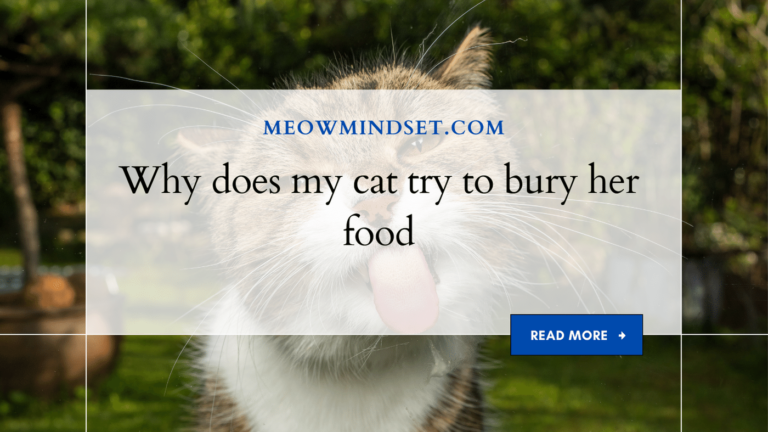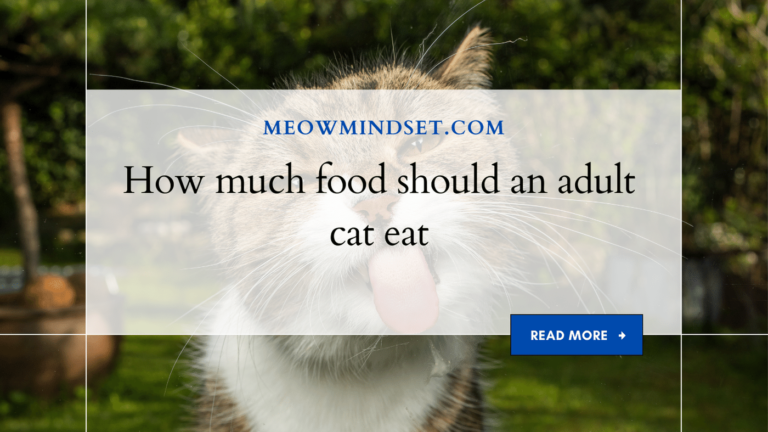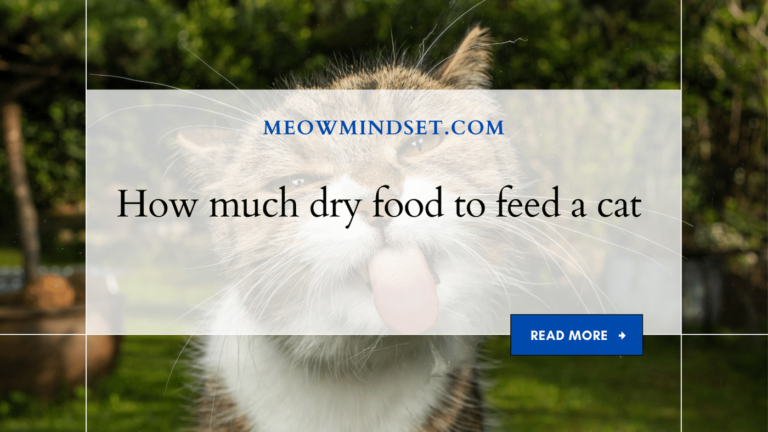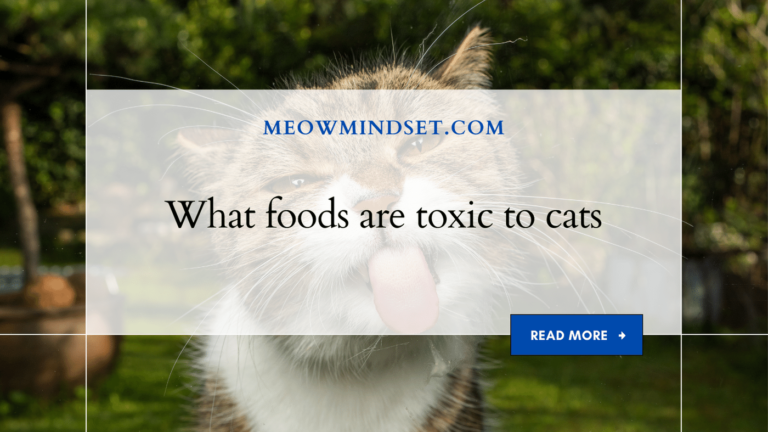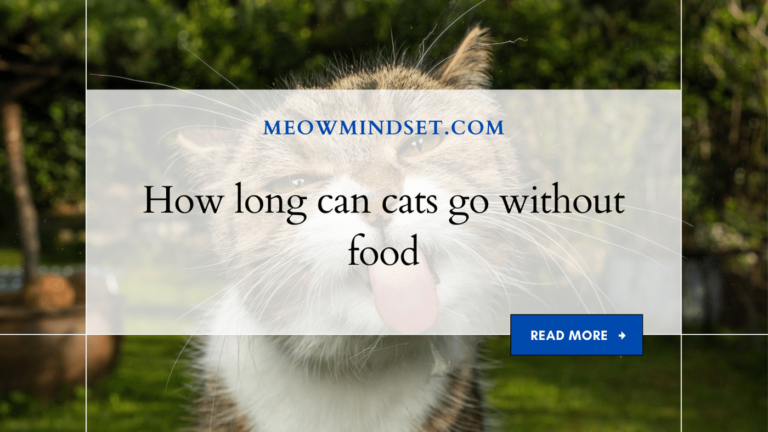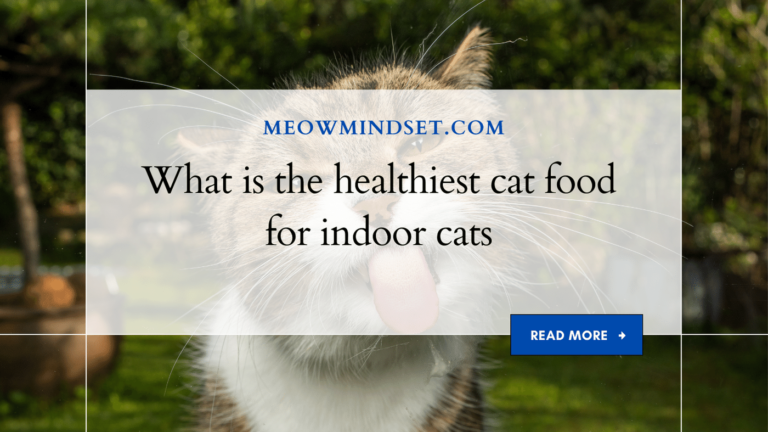how long does it take a cat to digest food
Have you ever wondered how long it takes for your furry feline friend to digest their food? It’s no secret that cats have a unique digestive system, but just how long does it take for them to process and eliminate their meals?
In this post, we’ll dive deep into the world of cat digestion and explore everything from what factors can impact digestion time to why understanding this process is important for your cat’s health. So sit back, grab a cup of tea (or perhaps some catnip), and let’s unravel the mystery together!
Why do cats have a slower rate of digestion than humans?
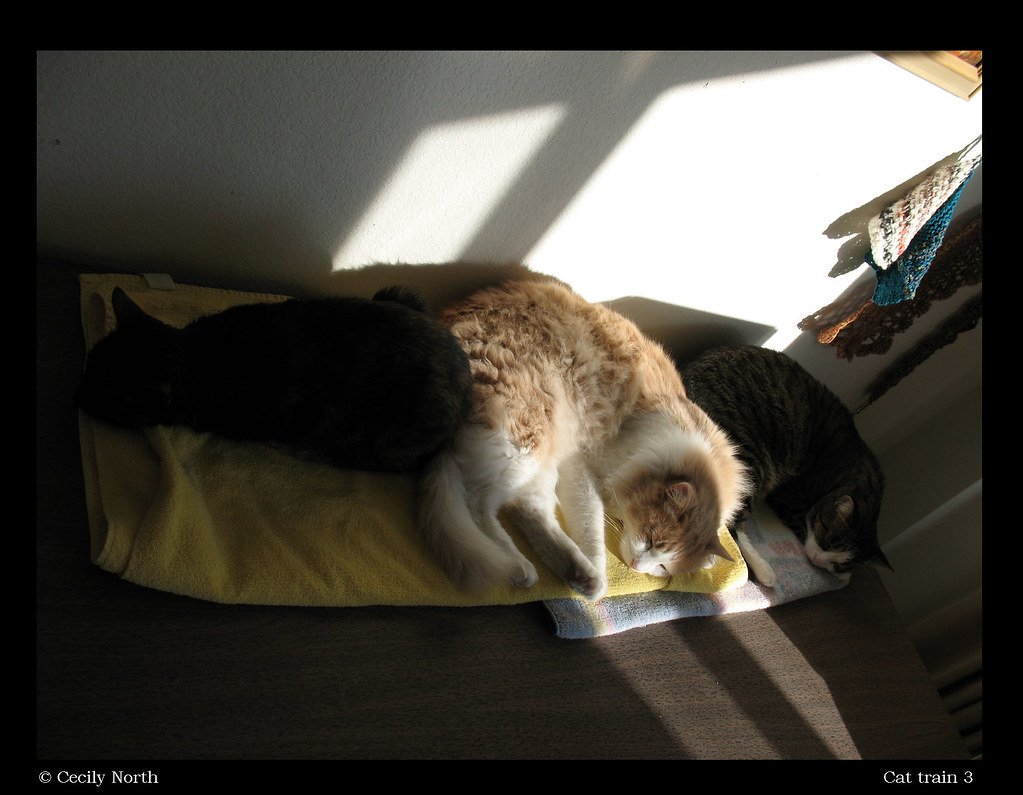
Cats have a slower rate of digestion than humans because they have less acid secreted in their stomachs. They also spend more time chewing their food which helps break it down.
Cats have a slower rate of digestion because they have less acid secreted in their stomachs. They also spend more time chewing their food which helps break it down.
What foods do cats digest poorly?
Cats have a very short intestinal tract, which means that they are not efficient at digesting food. This is due to the fact that their intestines are not as long as those of other animals. Some foods, such as tough proteins and fibrous vegetables, can take a long time for a cat to digest. This can cause problems like digestion problems, diarrhea, and vomiting.
If your cat is having digestion problems, there are a few things you can do to help. You can try changing their diet to one that is better suited for cats, giving them specific supplements to help with the digestion process, or consult a veterinarian.
How long does it take a cat to digest food?
A cat’s digestive system is very efficient and can break down food quickly. Food moves through the digestive system in a sequence from mouth to anus. The stomach churns and breaks down food into small pieces.
Gastric juices help wash it down. The small pieces are then moved to the small intestine where they are further broken down into smaller pieces by bacteria. The feces and liquid are then passed through the rectum and anus.
It usually takes about 12 to 24 hours for a cat to digest food.
What should you do if your cat is vomiting or having diarrhea after eating?
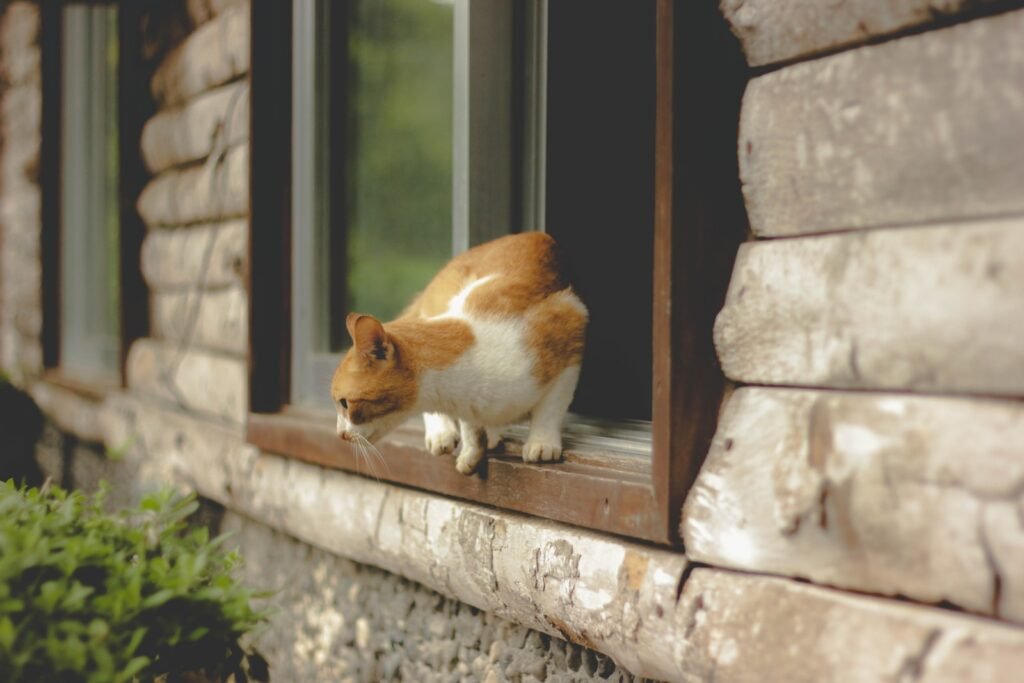
If you’re noticing your cat is vomiting or having diarrhea after eating, it’s important to take them to the vet for further investigation. While the cause of these symptoms can vary, it’s possible that something is wrong with their digestive system.
If you suspect your cat has a condition like stomach ulcers or gastroenteritis, it’s important to have them checked out as soon as possible. In some cases, a quick treatment may be all that’s needed to get your cat back on their feet. However, if the issue is more serious, treatment might involve medication and/or surgery. So don’t wait – take your cat in for a checkup as soon as you notice any issues!
If you don’t have access to a vet, it’s still important to seek help. There are many over-the-counter medications available that can help treat vomiting and diarrhea, and you may want to try one of these first before heading to the vet. If the problem is more serious, however, you may need to call a veterinarian for help.
What goes on in a cat’s stomach
In a cat’s stomach, food is broken down into simpler molecules by digestive enzymes and then absorbed into the small intestine. The small intestine is long and winding, and it often contains cells that secrete lactase to break down lactose (milk sugar) into glucose and galactose. This process of digestion results in the release of large amounts of energy, which is why cats often appear to be very active after eating.[1]
How do cats process food?
Cats are able to digest and use food quickly because they have a highly efficient system. Their stomachs are small and they don’t have a lot of teeth, so they can eat small amounts of food at a time. When cats eat, their mouths open very wide, which helps them to get the food into their stomach.
Cats also have strong muscles in their esophagus and stomach, which allows them to extract food from the stomach. Their intestines short-circuit before they go any further, which stops bacteria from growing in the intestine and causing problems.
After a cat has eaten, its stomach will start to contract and push the food through its digestive system. This process usually takes around two hours, but it can take up to four hours depending on how much the cat has eaten. The speed at which a cat digests food is dependent on how hungry it is and how much energy it has.
Cats have a lot of fur, so they don’t need to drink as much water as humans do. Their kidneys are also very efficient at removing waste from the bloodstream, so they don’t pee as much either.
Tips to Prevent Your Cat from Burying Food
If your cat is eating food that is buried, you may want to provide her with a small dish at each mealtime where she can dig down and eat. Cats have a high level of muscle mass and energy so they usually digest food quickly. If your cat prefers to eat her food piled up high, be sure to scatter the kibble throughout the day so she has no incentive to bury it. Some cats will also enjoy retrieving pellets or kibble from a small pool on the ground.
Some cats will also enjoy retrieving pellets or kibble from a small pool on the ground. If your cat is burying food, try to keep her occupied with playing or interactive toys during the daytime so she doesn’t have time to bury food. If her food is buried, take her to the veterinarian for a check-up. Burying food may be a sign of another medical problem that needs treatment.
Possible causes of burying food
There are a few reasons why burying food might predispose a cat to food poisoning.
rule
1] mucus production from the stomach and intestines can slow down the digestion of food in the small intestine.
2] The air that surrounds buried food is anaerobic, meaning it doesn’t have enough oxygen to support bacterial growth.
3] Petting or rubbing a cat while they’re eating can spread bacteria from their paws onto the food which can then be eaten.
4] Eating too fast – especially if you’re chapstick-obsessed like I am – can cause bits of food to travel along your throat and into your stomach where they’ll rot, which is one way bacteria gets into the gut.
5] Feeding uncovered raw or undercooked meats or poultry can increase your cat’s risk for salmonella infection, as well as other potentially deadly problems.
Solutions to the problem
Cats have a very fast digestive system which helps them to digest food quickly. It usually takes around two hours for a cat to digest their food.
Cats require around 12-14 litres of water per day. A lot of this water intake is lost through their faeces, so it is important to make sure your cat has plenty of fresh water to drink.
Conclusion
There is no one answer to this question since it depends on a variety of factors, including the size and type of cat, the age and health of the cat, and what type of food was eaten. In general, however, it usually takes cats about two hours to digest their usual diet.
This means that if your cat ate a small dinner at around 7 p.m., it probably would not be digesting that food until morning. If your cat had a large dinner at 10 p.m., it might take up to 12 hours for the cat to completely digest its meal. In general, it takes about two hours for a cat to digest its food.

